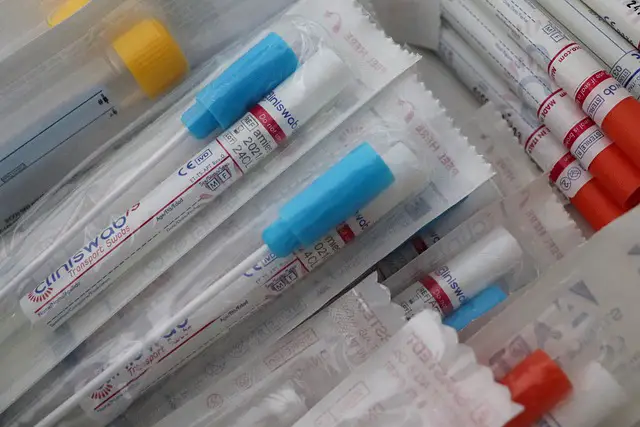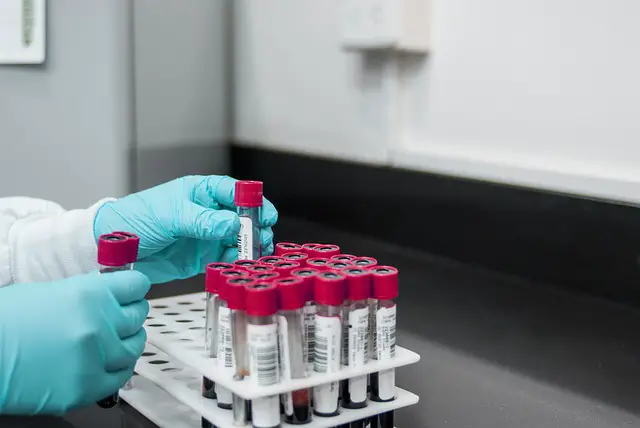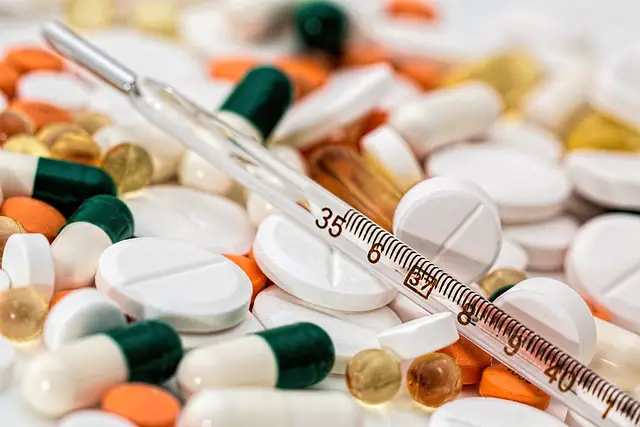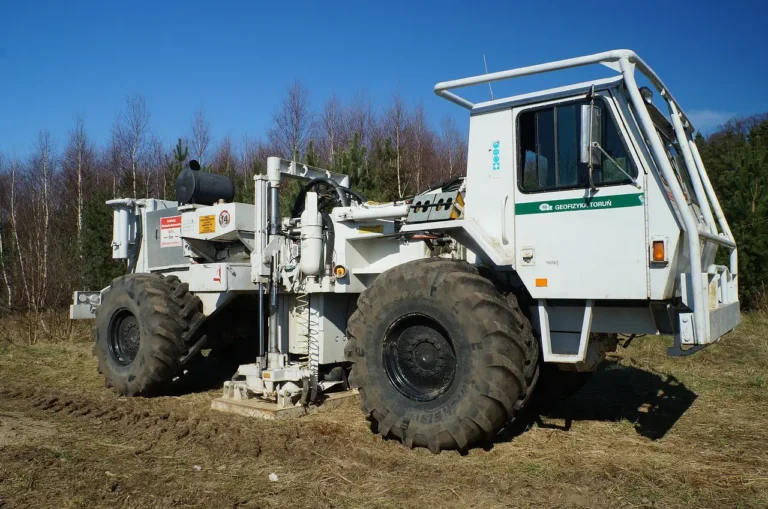45 Careers Related to Microbiology
Microbiology is a captivating branch of science that delves into the study of microorganisms, including bacteria, viruses, fungi, and protozoa. This field plays a crucial role in various industries, from healthcare to agriculture and environmental conservation. In this blog post, we will explore 45 diverse and intriguing careers related to microbiology, showcasing the vast opportunities that await those interested in this fascinating discipline.
45 Careers Related to Microbiology
- Clinical Microbiologist: Clinical microbiologists study microorganisms that cause infectious diseases and help diagnose and treat patients.
- Medical Laboratory Technologist: Medical laboratory technologists perform microbiological tests and analyze samples to aid in medical diagnosis.
- Immunologist: Immunologists study the immune system’s response to microorganisms and develop treatments for immunological disorders.
- Epidemiologist: Epidemiologists investigate the spread and impact of infectious diseases on populations.
- Public Health Microbiologist: Public health microbiologists focus on preventing and controlling the spread of infectious diseases in communities.
- Environmental Microbiologist: Environmental microbiologists study microorganisms’ roles in ecosystems and environmental processes.
- Industrial Microbiologist: Industrial microbiologists work in various industries, such as food and beverage, pharmaceuticals, and biotechnology, to optimize processes and develop microbial products.
- Food Microbiologist: Food microbiologists ensure the safety and quality of food products by studying microorganisms that can spoil or contaminate food.
- Water Quality Microbiologist: Water quality microbiologists assess and monitor microbial contaminants in water sources to maintain safe drinking water.
- Pharmaceutical Microbiologist: Pharmaceutical microbiologists work in the pharmaceutical industry to ensure sterile and safe drug production.
- Veterinary Microbiologist: Veterinary microbiologists study microorganisms that affect animal health and develop treatments for animal diseases.
- Research Microbiologist: Research microbiologists conduct studies to advance our understanding of microorganisms and their applications.
- Virologist: Virologists specialize in the study of viruses and their impact on human health and agriculture.
- Marine Microbiologist: Marine microbiologists study microorganisms in marine environments and their roles in marine ecosystems.
- Microbial Ecologist: Microbial ecologists study the interactions between microorganisms and their environments.
- Clinical Laboratory Scientist: Clinical laboratory scientists perform microbiological tests and analyze clinical specimens in healthcare settings.
- Mycologist: Mycologists focus on the study of fungi and their applications in medicine, food, and industry.
- Microbial Geneticist: Microbial geneticists study the genetic makeup of microorganisms to understand their traits and behaviors.
- Microbiome Researcher: Microbiome researchers investigate the diverse communities of microorganisms that exist within the human body and other environments.
- Bioinformatics Specialist: Bioinformatics specialists analyze and interpret microbiological data using computational tools and techniques.
- Biomedical Scientist: Biomedical scientists research microorganisms and their impact on human health and disease.
- Bioremediation Specialist: Bioremediation specialists use microorganisms to clean up polluted environments.
- Fermentation Scientist: Fermentation scientists utilize microorganisms to produce food, beverages, and biofuels.
- Microbial Taxonomist: Microbial taxonomists classify and categorize microorganisms based on their characteristics.
- Microbial Physiologist: Microbial physiologists study the metabolic processes and activities of microorganisms.
- Biopharmaceutical Scientist: Biopharmaceutical scientists develop microbial-based products for medical treatments.
- Microbial Biotechnologist: Microbial biotechnologists use microorganisms to develop bio-based products and processes.
- Plant Pathologist: Plant pathologists study microorganisms that cause diseases in plants and develop strategies for plant protection.
- Clinical Microscopy Technologist: Clinical microscopy technologists analyze clinical samples under the microscope to identify microorganisms.
- Biohazardous Waste Manager: Biohazardous waste managers handle and dispose of infectious materials safely.
- Medical Entomologist: Medical entomologists study the role of microorganisms carried by insects in human diseases.
- Quality Control Microbiologist: Quality control microbiologists ensure the safety and quality of products through microbiological testing.
- Microbial Bioreactor Engineer: Microbial bioreactor engineers design and optimize bioreactors used in microbial processes.
- Biomedical Engineer: Biomedical engineers develop technologies and devices for medical applications involving microorganisms.
- Infection Control Specialist: Infection control specialists work to prevent and manage infections in healthcare settings.
- Microbial Forensic Scientist: Microbial forensic scientists use microbiological evidence to investigate biological threats and criminal cases.
- Biopesticide Researcher: Biopesticide researchers develop environmentally friendly microbial pesticides.
- Microbial Biochemist: Microbial biochemists study the chemical processes within microorganisms.
- Environmental Health Officer: Environmental health officers assess and manage public health risks related to microorganisms in the environment.
- Microbial Pathogenesis Specialist: Microbial pathogenesis specialists study how microorganisms cause diseases in humans and animals.
- Microbial Taxonomist: Microbial taxonomists classify and categorize microorganisms based on their characteristics.
- Medical Microbiology Technologist: Medical microbiology technologists perform microbiological tests in clinical laboratories.
- Biomedical Ethicist: Biomedical ethicists address ethical considerations related to microbiological research and applications.
- Microbial Nanotechnologist: Microbial nanotechnologists use microorganisms in nanotechnology applications.
- Microbial Systematist: Microbial systematists classify microorganisms and study their evolutionary relationships.
Frequently Asked Questions (FAQs)
1. What is microbiology, and what career options does it offer?
Microbiology is a scientific discipline that studies microorganisms such as bacteria, viruses, fungi, and protozoa. It offers a wide range of career options across various industries, including healthcare, pharmaceuticals, biotechnology, environmental sciences, and research.
2. What does a clinical microbiologist do?
Clinical microbiologists study microorganisms that cause infectious diseases in humans. They play a crucial role in diagnosing and treating infectious conditions, identifying pathogens, and guiding appropriate treatments.
3. How can I become a medical laboratory technologist in microbiology?
To become a medical laboratory technologist in microbiology, you typically need a bachelor’s degree in medical laboratory science or a related field. Some states may also require licensure or certification.
4. What is the role of an immunologist in microbiology?
Immunologists study the immune system’s response to microorganisms and pathogens. They research and develop treatments for immunological disorders and play a key role in vaccine development.
5. What does an environmental microbiologist do?
Environmental microbiologists study the interactions of microorganisms with the environment. They investigate microbial processes in ecosystems, environmental conservation, and bioremediation.
6. Are there career opportunities for microbiologists in the food industry?
Yes, there are various career opportunities for microbiologists in the food industry. Food microbiologists ensure the safety and quality of food products by studying microorganisms that can spoil or contaminate food.
7. How can I pursue a career in pharmaceutical microbiology?
To pursue a career in pharmaceutical microbiology, a degree in microbiology or a related field is typically required. Specialization in pharmaceutical microbiology can be achieved through further education or on-the-job training in the pharmaceutical industry.
8. What is the role of a veterinary microbiologist?
Veterinary microbiologists study microorganisms that affect animal health and develop treatments for animal diseases. They play a crucial role in veterinary medicine and research.
READ ALSO: 30 Careers Related to Industrial Chemistry
Additional Information
Microbiology is a captivating and rapidly evolving field with vast career opportunities across various industries. From healthcare and environmental conservation to food safety and biotechnology, professionals in microbiology play a vital role in understanding and harnessing the power of microorganisms. Whether you’re interested in research, diagnostics, industrial applications, or environmental studies, pursuing a career in microbiology offers a rewarding journey of exploration, discovery, and making a positive impact on the world around us. Embrace the microbial world and embark on a fulfilling career in the fascinating realm of microbiology.









One Comment